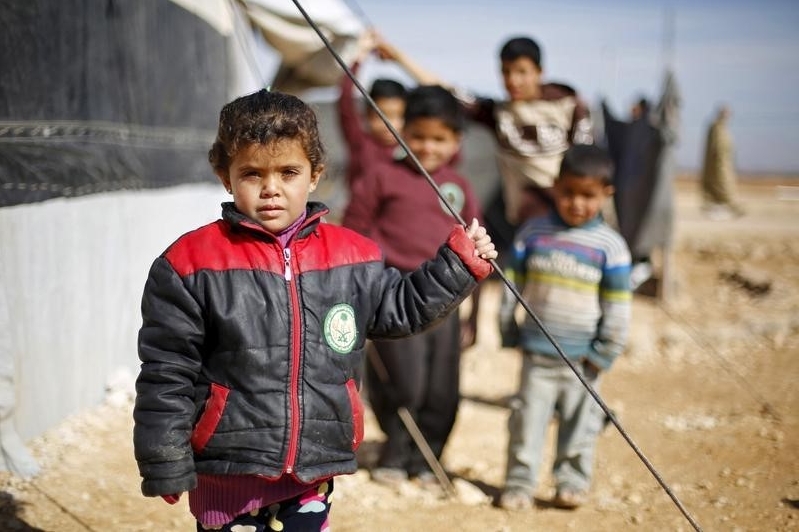A ministry leader in the coastal town of Tartus in Syria has revealed that his organization can barely keep up with the desire of refugees to learn about Christ and the Bible as they struggle to raise funds to to plant a new church.
According to Al-Monitor, an estimated 700,000 people from other parts of Syria have fled to Tartus amid an ongoing to civil war between the forces of President Bashar al-Assad, opposition units, and terrorist groups such as the Islamic State (ISIS).
"They may be living in makeshift shanties or tents, or on the streets of Tartus," an indigenous ministry director told Christian Aid Mission said. "The church is overflowing, so new church plants are needed to serve the displaced seeking a safe haven."
Disillusioned by the horror perpetrated by followers of Islam, thousands of refugees have come to Christ at the indigenous ministry's existing church. Because of the large number of congregants, there is standing room only in the church building's patio.
To meet the spiritual and physical needs of the growing number of Armenians, Kurds and former Yazidis, former Alawites and former Muslims putting their faith in Christ, the ministry is currently seeking to raise funds for the creation of a new church.
The ministry hopes that those who accept Christ will eventually be able to return to their home villages in Syria, where their growth in discipleship and ministry will enable them to plant new churches. Those who stay in Tartus will be equipped in the same way to replace the departed leaders.
The ministry also hopes to launch a Vacation Bible School, literacy program, and church services specifically designed for refugee children, and provide them with necessities such as food and clothing. In addition, the organization is working to establish at least one home group per month.
"These home groups will be the foundation for new churches, which ultimately will meet in a house or suitable building refurbished for church and outreach purposes," he said.
In addition to ministering to refugees, the church has long reached out to the Tartus' 2,000 Domari Gypsies, and it plans to establish a tent church among them. Most Domari Gypsies are Muslims, but mainstream Muslims in Syria do not accept them as part of their clan, the ministry director said, and refuse to provide them with medical care.
However, because the pastor's son is a medical doctor, the indigenous church's medical team is perfectly positioned to provide both physical and spiritual care to the Domari Gypsies. Many are also illiterate, the ministry director revealed, and are often taken advantage of, as they have been swindled by signing documents without knowing their content. To counter this problem, the indigenous ministry's trainees will offer literacy classes, using the Bible as a part of the curriculum for reading and writing.
"Our pastor has developed three strategic ways to share the gospel with the Domari Gypsies: planting a church within the Gypsy community, offering literacy classes for adults and children, and medical assistance," the ministry director said.
"One Gypsy convert has been trained in church planting, and he and his wife are ready to become missionaries."
To learn how you can help such indigenous ministries meet the meets of their communities, visit Christian Aid Mission's website.








